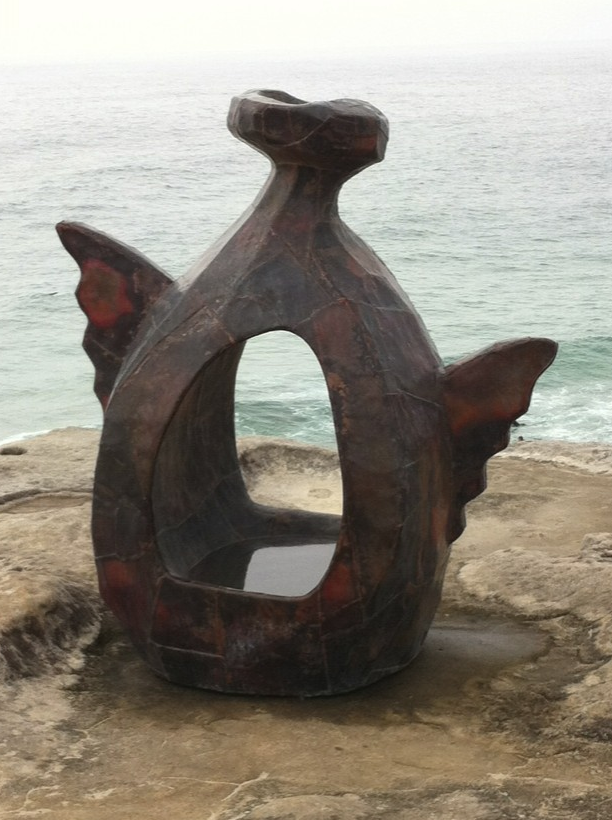A colleague recently recommended the book, The Australian Leadership Paradox. I've been enjoying reading it so far and thinking about the challenges for leadership within our culture which it presents. But one side issue that struck me while reading it was the extent to which some of the descriptions of Australian culture were precisely the kind of descriptions that we self-consciously use of ourselves in the Uniting Church.
So the book describes the Australian desire for consensus in organisational and political life. It describes Australian work life as "traditionally and inherently relational." The book described the paradox that Australians are both anti-authoritarian and authority-dependent, egalitarian and hierarchical, relational and competitive, battling adversity and living in prosperity. As I read each of those couplets I found myself instantly picturing various meetings and processes I've encountered in the Uniting Church. Indeed I jotted down a comment in the (virtual) margin asking whether the UCA was perhaps the organisational embodiment of the four paradoxes!
Clearly this is a book with much to teach us about leadership within the Uniting Church, as well as the broader Australian culture, and I'm looking forward to further reading and consideration.
But the other thought that struck me was the way in which it highlighted the (perhaps unsurprising) fact that the UCA is not just an amalgam of three long-standing traditions, but genuinely is a new church indigenous to Australia. I've heard people speaking about ideas like 'consensus' and 'relationality' as unique to the Uniting Church (and perhaps they are in denominational terms), but perhaps we ought also to be highlighting the way in which these values dear to our church are the values of our country at its best. "If you want to engage in a spirituality which picks up the values you hold as an Australian - join with us in the Uniting Church!" I know I did...
